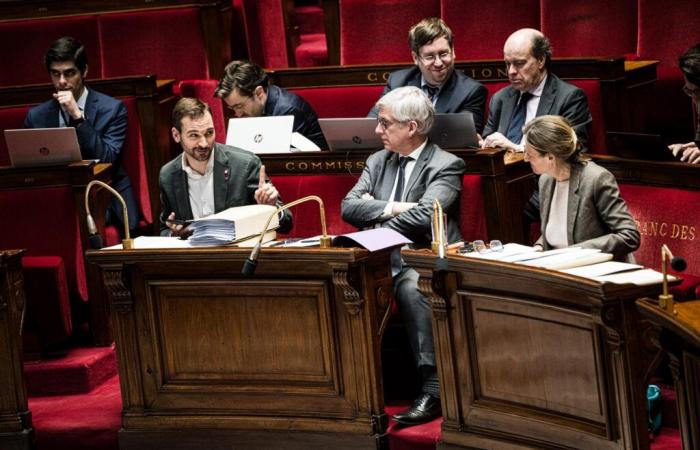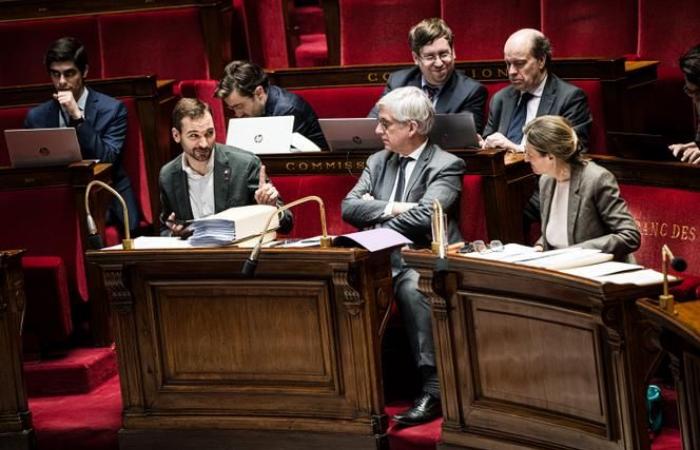Barring any drama, this is the government's last word. Monday, December 2, the final version of the Social Security financing bill (PLFSS) for 2025 was to be submitted to the National Assembly. Not having an absolute majority in the Palais-Bourbon, the Prime Minister, Michel Barnier, indicated that, on this occasion, he would resort ” probably “ in article 49.3 of the Constitution, which allows the adoption of a text without a vote. Such a procedure exposes it to a motion of censure from the deputies of the New Popular Front and the National Rally (RN), these two political forces being very critical of the content of the “Secu” budget.
Read also | Live, 2025 budget: the RN will vote to censure the Barnier government in the event of 49.3, “barring a last minute miracle”
Read later
This is the result of a compromise sealed, on November 27, in the joint committee (CMP), by Macronist and right-wing parliamentarians, those from the left and far right having expressed themselves against. Compared to the initial version presented on October 10 in the Council of Ministers, the PLFSS has evolved significantly. Mr. Barnier's team made several concessions, which had the consequence of chipping away at part of the savings initially planned. This is a budget of « transition, (…) neither ambitious nor glorious”summarized, at the end of the CMP, the deputy (Horizons, Seine-et-Marne) Frédéric Valletoux, president of the social affairs committee of the National Assembly and former minister of health.
One of the measures that attracted the most attention during the work in Parliament concerns exemptions from social security contributions. The power in place wants to cut them because they cost more and more: almost 80 billion euros per year. Originally, there was talk of limiting these reductions, according to terms which would have brought in 4 billion euros for the benefit of public accounts. But the provision envisaged, synonymous with an increase in employer contributions, was opposed by the supporters of the President of the Republic: they saw in it a negation of the supply policy pursued since the election of Emmanuel Macron, consisting of reducing the compulsory levies on businesses.
Finally, the executive agreed to lower its claims: the reduction in exemptions will generate a gain of 1.6 billion euros for public finances (compared to 4 billion, therefore, expected at the start). The supporters of the Head of State, like the elected representatives of the RN, continue to be against.
You have 64.33% of this article left to read. The rest is reserved for subscribers.







